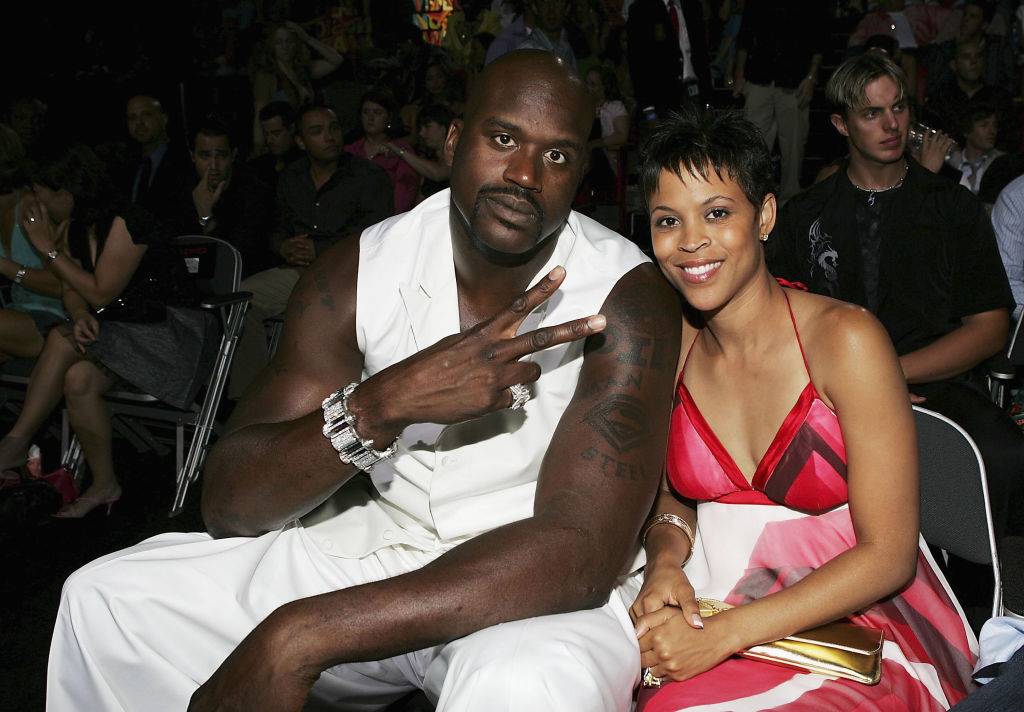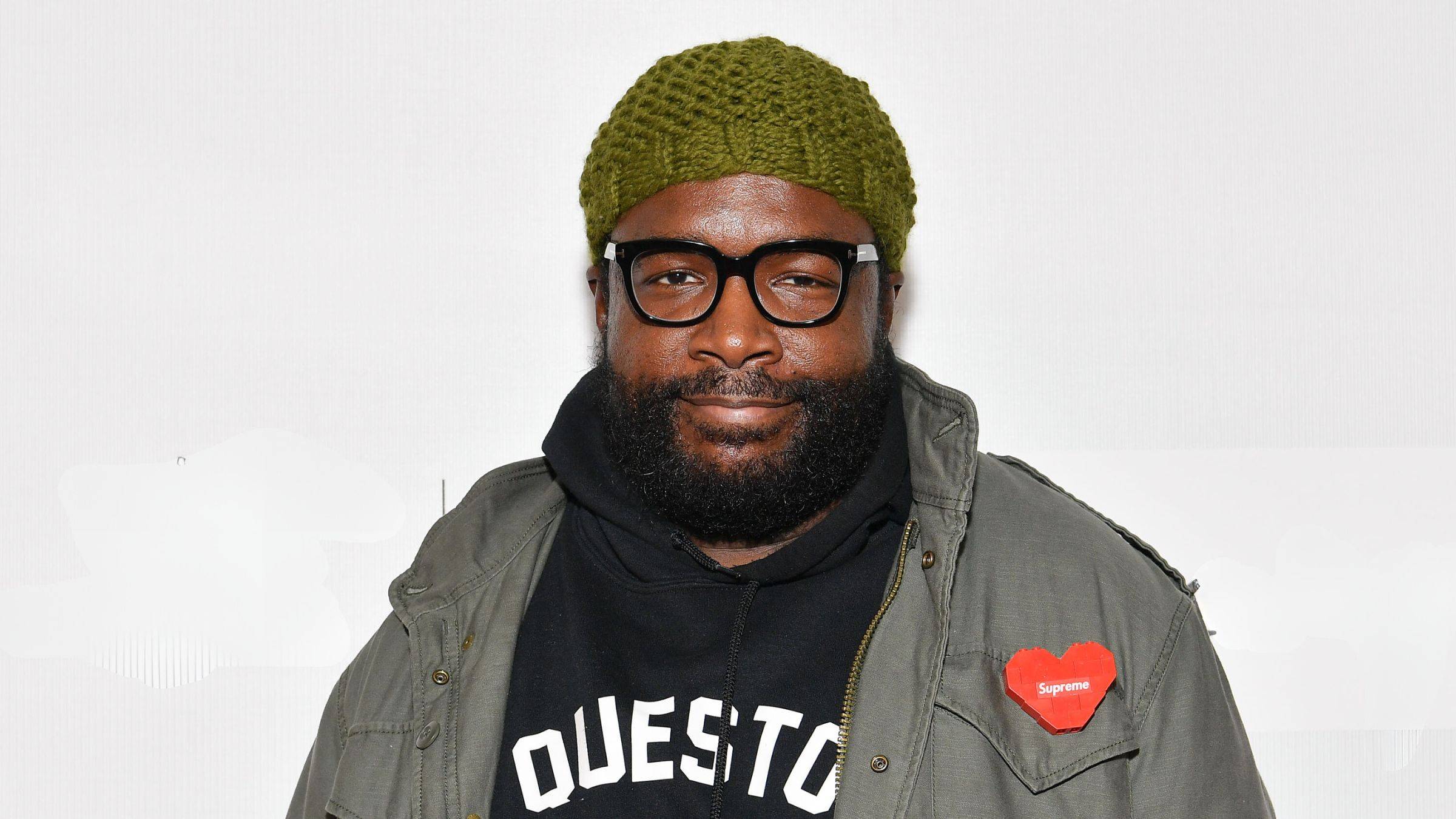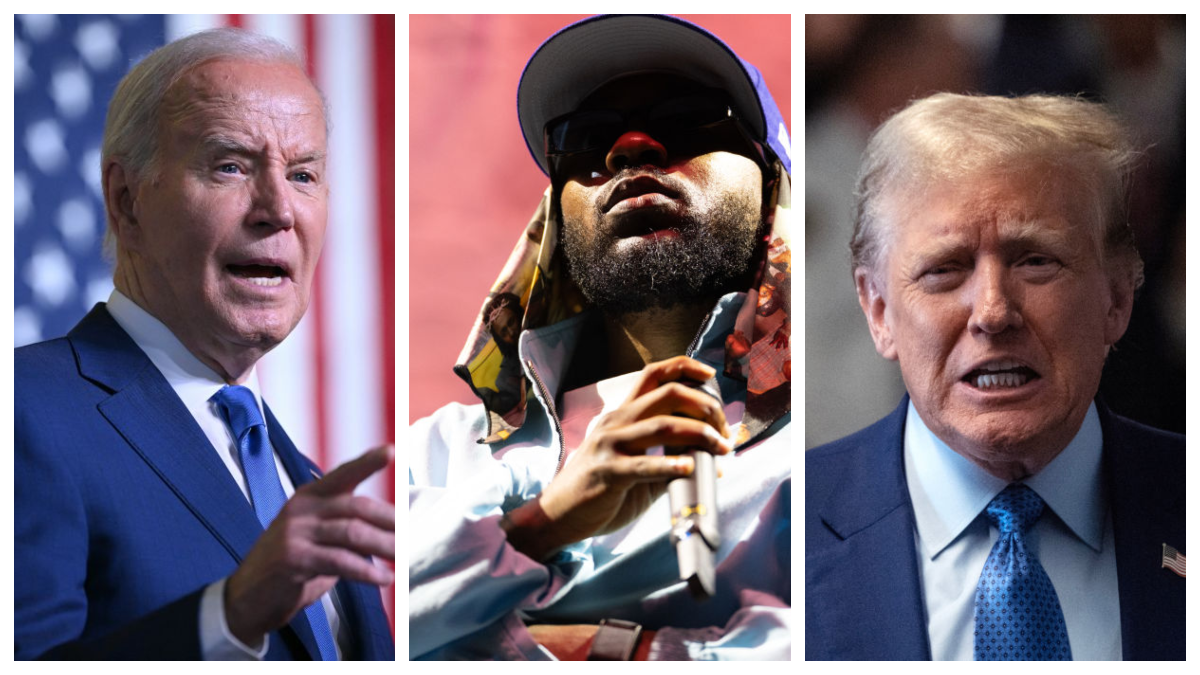Another Type Of Homecoming: What's Behind The Jump in HBCU Enrollment?

The news about overall college enrollment is not good. According to the National Student Clearinghouse Research Center, fewer people are going to college.
In a recently released study, the Center noted that undergraduate and graduate enrollment has fallen 1.1% in 2022. While it’s not as steep a decline as 2021’s 2.1% or the 3.4% decline in 2020, it’s still notable. The Center received numbers from 63% of the nation’s colleges, which is why these numbers are considered preliminary.
But while these numbers may make people think that all colleges are looking at enrollment declines, that’s not necessarily true for one category of colleges: Historically Black Colleges and Universities, and that’s something that excites university administrators like Dr. Makola M. Abdullah, president of Virginia State University.
For the second year in a row, Virginia State University, a public HBCU based in Ettrick, Va., has welcomed its largest group of incoming students this fall, the largest in more than three decades. More than 1,700 new students --- first time freshmen and transfer students --- enrolled at VSU this fall, a 550-student increase over 2021.
To Abdullah, who has served as VSU’s president for the last seven years, it’s proof that once people find out about HBCUs like his, and look at what they offer, they’re willing to give them a chance.
“We're really, really excited about people looking at looking back at Virginia State University,” he said. “I think there's a renewed interest in HBCUs. I think that a lot of our institutions are beginning to tell their own story in ways that are important. And a lot of young people are now turning to look at, at least considering their local HBCU as a choice.”
According to the National Center for Education Statistics, the number of Black students enrolling at HBCUs went up 11% between 1976 and 2020. The number of students enrolling in HBCUs overall went up by 57%, with a quarter of these students being non-Black.
But while there are a lot of reasons --- some academic, some cultural --- for the growth in HBCU admissions, the key to success is making sure that the growth continues
beyond this moment, administrators say.
At a time when parents, students and people who haven’t even become college students yet are calling for student loan forgiveness, one of the things that has made HBCUs more appealing is how these schools have handled financial aid.
Recently, Morgan State University in Baltimore was one of the HBCUs that benefitted from a settlement from the State of Maryland that gave the state’s traditionally underfunded HBCUs much needed funding. The university also benefited from a grant from the Mackenzie Scott Foundation.
While the school used the money for many things, it spent a great deal of it on making sure that students had the money they needed to stay in school, said Dr. Kara Turner, Morgan’s vice president for enrollment management and success.
“To grow our enrollment, our university has invested significantly in financial aid,” Turner said.
“In the past couple of years, our HBCUs have had a surge in fundraising, particularly considering the large gifts that have helped our institutions raise more money,” Abdullah said. “[HBCUs] are much more likely to make sure we turn those funds into financial aid and bring students on our campuses. I think there's definitely a connection between the rise in fundraising and the additional opportunities that we're able to provide students in our schools.”
A few months ago, North Carolina A&T University did a survey of its students to find out what brought them there, said Dr. Dawn Nail, the school’s interim vice president for enrollment management.
According to the survey, students at the public university in Greensboro, North Carolina that more than 14,000 students call their academic home chose to do so because they were looking for a collegiate experience where they wouldn’t stand out as much, Nail said.
“The overarching answer specifically was that I wanted to be around people that looked like me, plain and simple,” she said.
In 2020, when George Floyd was killed by a Minneapolis police officer, a lot of people started to reevaluate what was important to them in terms of a collegiate experience, said Turner of Morgan State. With such prominent alumni as Vice President Kamala Harris, Georgia gubernatorial candidate Stacey Abrams, journalist April Ryan and others, students are seeing that an HBCU education can take you very far, she said.
“There are two sides to this,” Turner said. “On the one hand, because of the horrific violence against George Floyd, there are a number of African American students that are looking for a safe space. A place where they physically feel safe, where they’re not going to have to worry about police brutality and the rapid-fire violence that we sometimes see against Black people.”
But once that awareness goes away, how do HBCUs remain on the radar of potential college students? Administrators say that a combination of good programs, and the memories of alumni will help with that, said Nail of North Carolina A&T.
“Our alumni are really, really strong,” she said. “They really love it and really promote this institution. We’re definitely proud of that.”
According to the survey, students at the public university in Greensboro, N.C., that more than 14,000 students call their academic home chose to do so because they were looking for a collegiate experience where they wouldn’t stand out as much, Nail said.
“The overarching answer specifically was that ‘I wanted to be around people that looked like me,’ plain and simple,” she said.





